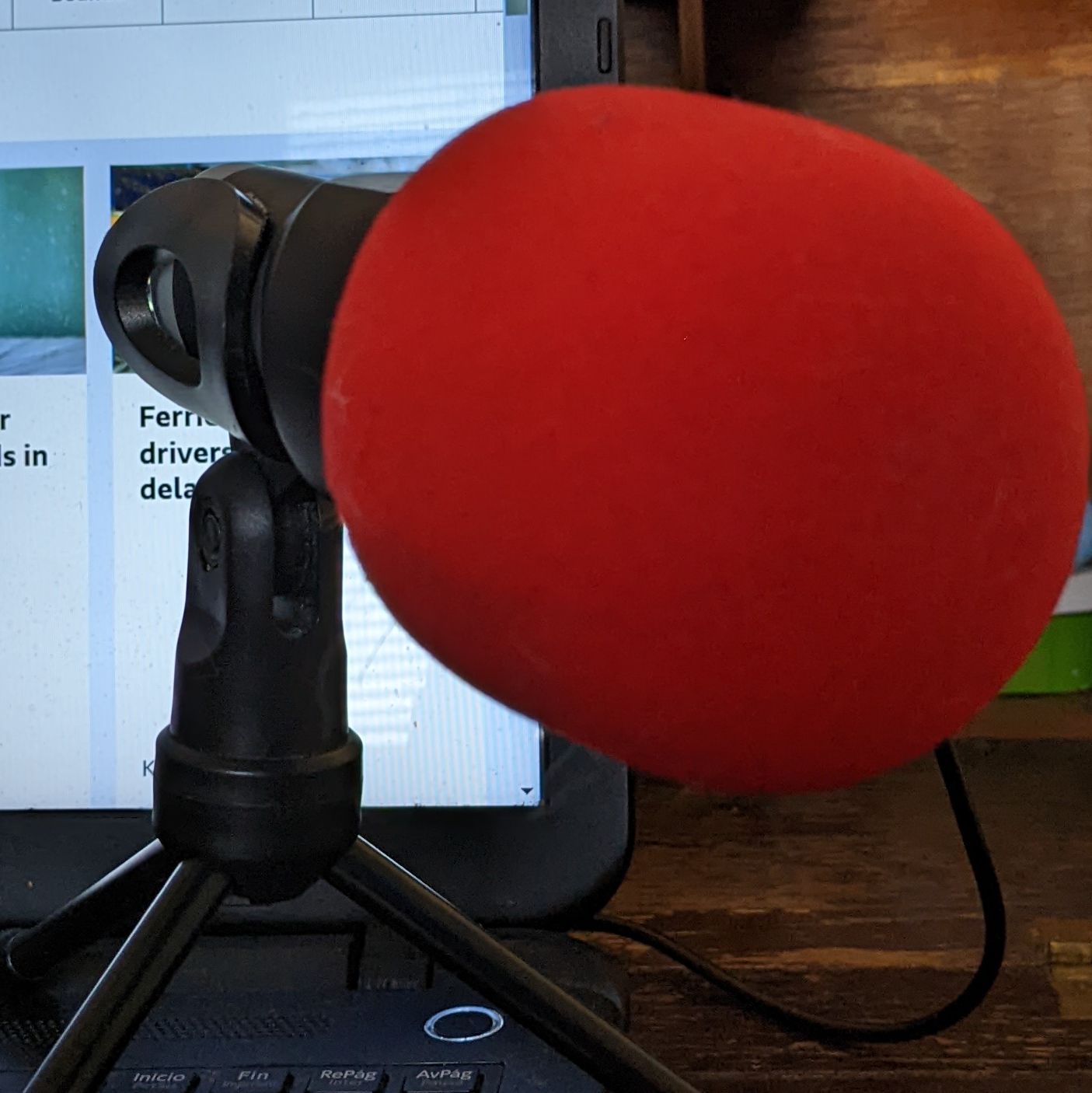
Active Listening Explained - Episode 81
Descripción
In the business world, active listening goes beyond simply hearing information. It's a strategic communication skill that fosters deeper understanding, builds trust, and improves collaboration. It involves giving your full attention to a speaker, both verbally and nonverbally, to grasp the complete message. This includes:
Paying close attention: Minimize distractions, maintain eye contact, and avoid formulating counter-arguments while someone speaks.
Understanding nonverbal cues: Notice body language, tone of voice, and facial expressions to glean underlying emotions or unspoken concerns.
Asking clarifying questions: Don't assume you understand everything. Use open-ended questions to encourage elaboration and ensure you're on the same page.
Paraphrasing and summarizing: Reflect back key points in your own words to confirm comprehension and demonstrate attentiveness.
Empathy and emotional intelligence: Acknowledge the speaker's feelings and tailor your responses to create a safe space for open communication.
Active listening benefits businesses in numerous ways:
Stronger client relationships: By truly understanding client needs, businesses can provide more relevant solutions and build lasting partnerships.
Enhanced negotiation and sales: Active listening allows salespeople to tailor pitches and identify client concerns for successful deal-closing.
Improved team dynamics: Active listening fosters collaboration by ensuring everyone feels heard and valued, leading to better problem-solving and decision-making.
Reduced conflict: By giving speakers their due attention and clarifying positions, misunderstandings and conflicts are minimized.
Increased productivity: Active listening avoids wasted time due to miscommunication and ensures everyone is working towards the same goals.
By actively listening, businesses create a communication culture that fosters trust, collaboration, and ultimately, success.
Canal de podcast
The Global Professional Podcast
Autor
Todos los episodios

Episode 4: Your Best Friend

Terzo capitolo, Storia di un Gatto e del Topo che divento' suo amico

Chirine : Mon enfance au Liban

オリンピックのいろいろな種目を学ぼう!

Fregar o no Fregar

6/100 GASTAR 💸 Los 100 verbos más importantes en español

Descubre la magia de la navidad en Venezolana

Speaking Better (with transcript for study)
Episodios populares

Speak English With Muki
Episode 4: Your Best Friend

I Libri In Pillole di Federica
Terzo capitolo, Storia di un Gatto e del Topo che divento' suo amico

Discovering the Francophones of Lebanon
Chirine : Mon enfance au Liban

🌸5分でわかる日本語🌸 Japanese Podcast
オリンピックのいろいろな種目を学ぼう!

Los podcasts de Alex
Fregar o no Fregar

Natural Spanish Fluency
6/100 GASTAR 💸 Los 100 verbos más importantes en español

Costumbres y Tradiciones de Venezuela
Descubre la magia de la navidad en Venezolana

Teacher Joseph's Podcast
Speaking Better (with transcript for study)